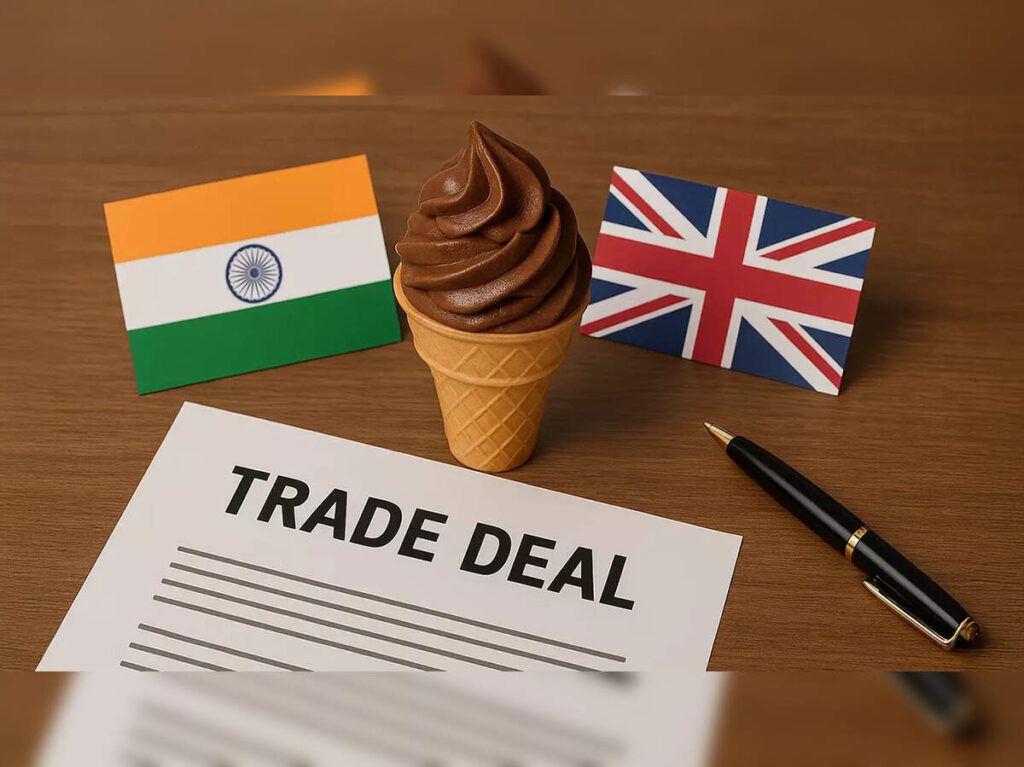NEW DELHI: The draft India–UK free trade agreement (FTA) has introduced a “coequal” rule or product-specific origin norms to offer greater flexibility to specific goods, said people aware of the matter. The rule will allow the producer of a good to meet any of the criteria of origin to claim benefits under the FTA.
The origin rules are vital for checking any circumvention of the trade agreement rules and the flow of substandard imports into India.
India’s FTA with the UK is different from its earlier trade agreements, which had simple rules of origin linked to the wholly-obtained criterion from the trade partner country, value-added norms, or changes in the tariff heading parameter, which meant transformation of a product leading to a change in its duty classification.
However, the rules are getting more complex and offer greater flexibility to specific goods, known as the “co-equality” of rules.
The India–UK FTA will feature the digital exchange of certificates of origin on a self-certification basis for the first time under such a trade accord.
“This deal secures rules of origin to facilitate improved access to both sides. Co-equal rules will allow a producer of a good to meet any of the criteria of origin to claim benefit under the FTA,” said one person aware of the development.
Product-specific rules of origin in the current interconnected global supply chains can help to mitigate any misuse of duty concessions given by India, said Bipin Sapra, partner, EY.
The conclusion of FTA negotiations between India and the UK was announced on May 6. The agreement is expected to be signed soon after which it will be made public. It will then be ratified by both countries before coming into force.
To qualify for reduced tariffs, the rules of origin specify that a product must either be wholly obtained or significantly transformed through processing in either the UK or India. The chapter on origin rules also provides robust mechanisms for compliance to be checked.
“If risk parameters find an issue in a product, then checks will be carried out,” said another official.
Such co-equal origin norms are being considered in the India–EU FTA as well. The EU had suggested some processes related to spun yarn for determining whether textiles are of European or Indian origin to enjoy duty benefits.
India has said that 99% of its exports to the UK will benefit from zero duty and that the FTA opens up significant export opportunities for labour-intensive sectors such as textiles, marine products, leather, footwear, sports goods and toys, gems and jewellery, engineering goods, auto parts and engines, and organic chemicals.
As per the UK, the agreement will cut Indian tariffs on 90% of product lines, with 85% of those becoming fully tariff-free within a decade.
Source: The Economic Times




 India Backs BRICS Statement, Shows ‘Grave Concern’ Over Strikes Against Iran
India Backs BRICS Statement, Shows ‘Grave Concern’ Over Strikes Against Iran 